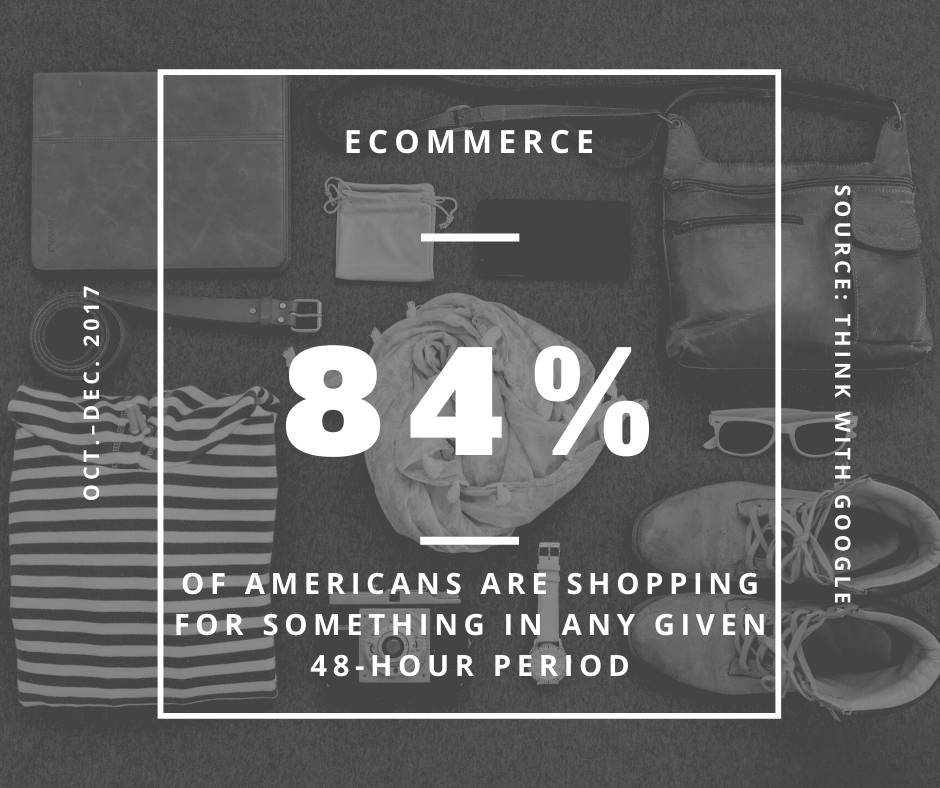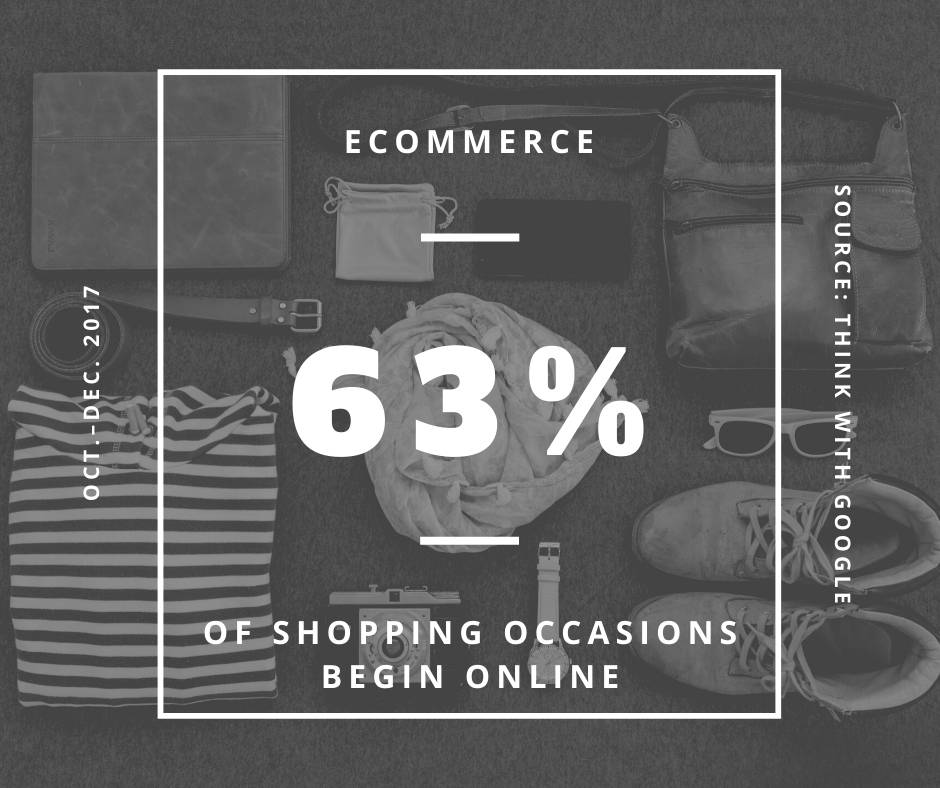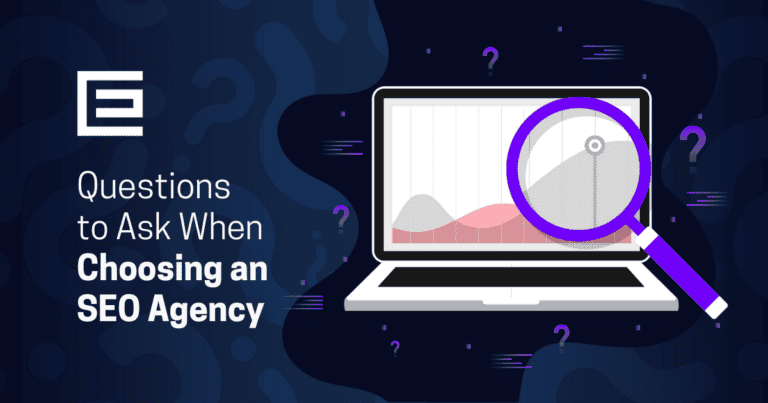What most people know as online stores fall under the category of eCommerce. This is any website or online platform that collects payment for products and services, and allows the visitor to make the purchase and complete the transaction. There is no definitive definition for this type of online retail solution, as they come in many forms.
An eCommerce website can be as simple as a restaurant that sells gift cards online or as sophisticated as a national furniture company that ships furnishings anywhere in the United States from their warehouses.
Types of Businesses Utilizing eCommerce
A large percentage of retail locations have eCommerce websites nowadays. These are generally referred to as click and mortar stores because the consumer can choose to purchase online or at their physical location(s).
There are however many businesses that offer products that are sold only online without having a physical address where you can buy in person. Many of these are small businesses that manufacture their own products or resell other products.

For any retailer that does not offer the consumer an opportunity to buy online, these businesses are missing a potentially large opportunity. 63% of purchases begin online according to Google and since 83% of people are shopping for something within any 48 hour period, it is inconceivable that people who are searching online wouldn’t also make the purchase online rather than a traditional retail store.
In other words, if you are not a part of that research or offer the ability to make that purchase while they are on a computer, tablet or cell phone then there is a high likelihood someone else will get that sale.

Internet Marketplaces for Selling Products
Etsy, Amazon, Ebay are all examples of setting up an eCommerce presence online outside of your own website. These platforms are built with the idea that they already have interested visitors looking for products and the set up and maintenance of these online shops are relatively simple.
The downside is that like a Mall, it is easy for people to visit and move on to the next shop because the platform encourages consumers to continuously shop. Many larger businesses oftentimes opt for a different solution that allows for more marketing opportunities and greater control of the buying experience without other competitors.
eCommerce Solutions
Shopify, BigCommerce and many others offer you your own store with the ability to customize to a very large extent. These services have transformed over the last few years and have been adopted by some very large retailers around the world because of their reliability, security and scalability.
The downside is since you are still part of their platform, you don’t technically own the website which means you are stuck with the system as a whole. There are some limitations and rules that need to be abided by and for this and many other reasons, some retailers opt for their own website.
Developing and Hosting Your Own Website
Magento, Drupal and WordPress are all content management systems that a company can own and work with, without restriction. These websites can be designed and developed to whatever specifications the developer and designers are capable of without limitations.
Responsibility falls upon the owner to maintain security and updates, but also provides the ability to integrate with other systems and customize in any way they see fit.
Mobile Apps For eCommerce
A large percentage of online retailers provide the ability to download an APP to allow a consumer to browse and make purchases. There is no single reason for this as many websites can provide the same functionality as an APP nowadays but it does allow for push notification that can update the customer through notifications similar to text messaging.
Tags: Ecommerce • Questions & Answers






